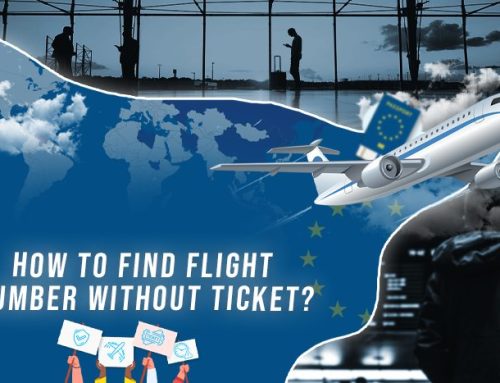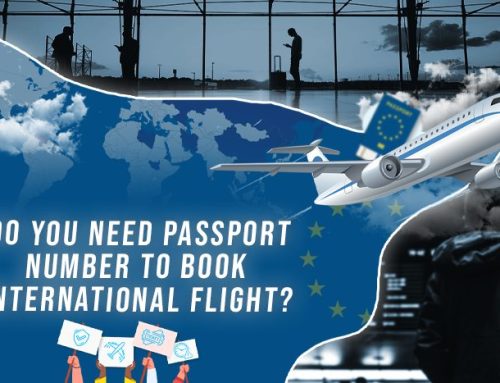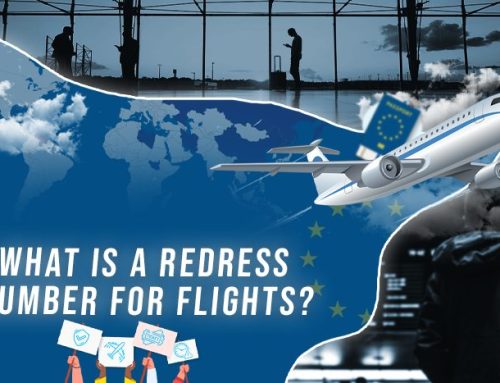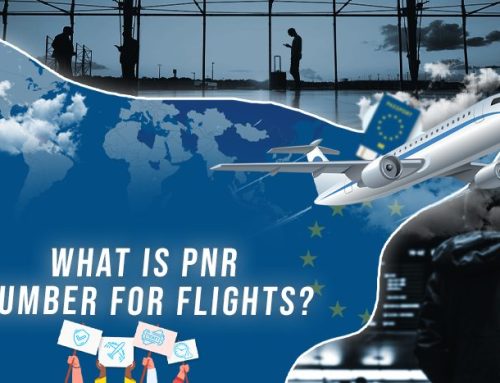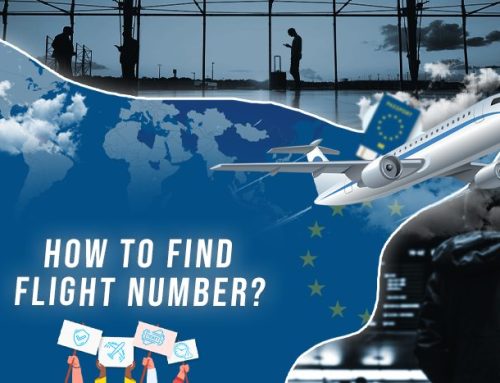Passengers love EC 261 because it provides additional compensation when there is an avoidable flight issue or delay. However, there’s something in the regulation that says if it qualifies as an extraordinary circumstance, the airline doesn’t need to pay out. This could be any number of things. Does a bird strike count? You’ll learn the answers to that and more below.
Key Takeaways
- Bird strikes, while rare, are considered extraordinary circumstances under EC 261 due to their potential to jeopardize flight safety. Airlines prioritize passenger and crew safety, which is why they may not provide additional compensation when such incidents occur.
- Apart from bird strikes, various other factors like severe weather conditions, airport employee strikes, air traffic control issues, and political instability can also lead to flight delays or cancellations. Passengers should be aware that compensation under EC 261 may not apply in these situations.
- Passengers should understand their rights under EC 261, which covers issues such as involuntary denied boarding, flight cancellations within 14 days of departure, or significant delays. Compensation amounts vary depending on factors like flight distance. Importantly, passengers must actively file a claim with the airline to receive compensation; it is not provided automatically.
- EC 261 is designed to hold airlines accountable for adhering to their schedules and ensuring passengers reach their destinations on time. It serves as a valuable tool to protect passengers’ interests when flight issues are within the airline’s control.
- While bird strikes pose risks to flight safety, they are relatively uncommon. Passengers should take comfort in the fact that, in most cases, they won’t encounter this issue during their travels. However, being aware of their rights under EC 261 remains crucial in the event of other extraordinary circumstances.
Bird Strikes and EC 261
First, what is a bird strike? It’s when the plane hits a bird or other aerial animal, and while it may not sound like a big deal, it actually poses a huge threat to flight safety, which is why it qualifies as extraordinary circumstances under EC 261.
The most common damage to their aircraft is either to the windshield or the engine as a result of a bird strike. The bird hits the windshield, causing it to crack. While there are several panes, it is still not worth it to continue the flight if this happens. If the bird is sucked into the engine, it can cause it to not function properly. There are backup engines, but most planes will not take the risk.
If the flight issue puts the safety of the passengers or flight crew at risk, it will often qualify as extraordinary circumstances. Bird strikes take the life of the animal. Airlines don’t want to take the risk that they could also harm the lives of passengers if something happens during the flight.
What Else Qualifies as Extraordinary Circumstances?
Bird strikes are fairly rare, so it is relatively uncommon that your flight would be impacted by them. However, there are some more common circumstances that would exclude you from being able to file for compensation under EC 261. These include the following:
- Severe and unsafe weather conditions, including tornados, ice storms, hurricanes, heavy snow, natural disasters, etc.
- Airport employee strikes, including air traffic control.
- Air traffic control restrictions, including runways shut down and additional airport issues that impact flight safety.
- Political instability and other security risks.
The most common extraordinary circumstance is the weather, and if your flight is delayed or cancelled due to weather, you are not entitled to additional compensation. You can try to contact customer service to see if they will offer you any vouchers or travel credits as a goodwill gesture, but that is up to their discretion.
What Is Covered Under EC 261?

It’s more common that issues are covered under EC 261 than if they are not – that’s why the law is in place. It’s intended to hold airlines accountable to their own schedules and keep passengers moving through the airports to their final destinations on time.
If you are involuntarily denied boarding, your flight is cancelled within 14 days of your original departure, or if it is delayed more than two hours, you could be eligible for compensation. These issues could be because of staffing problems, scheduling issues, and more. As long as it’s within the airline’s control, you are covered under EC 261.
The amount you can receive varies on the issue, the length of your flight, and where it occurred.
- Flights 1,500 km or less: $280 (€250)
- Flights more than 1,500 within the EU: $450 (€400)
- Flights between 1,500 and 3,500 km not within the EU: $450 (€400)
- Flights more than 3,500 km: $700 (€600)
You must file a claim with your airline to receive your compensation. You will not get it automatically.
Conclusion
Bird strikes qualify as extraordinary circumstances under EC 261. Thankfully, these issues are rare, so you typically won’t have to worry about them when you fly. You will not receive additional compensation if one occurs during your trip.
Frequently Asked Questions
-
What is EC 261, and who does it apply to?
EC 261, short for European Commission Regulation 261/2004, is a European Union regulation that applies to passengers departing from or arriving at EU airports, as well as flights operated by EU carriers. It protects passengers’ rights in cases of flight delays, cancellations, or denied boarding.
-
Do I receive compensation for flight delays caused by extraordinary circumstances, like bird strikes?
No, EC 261 stipulates that airlines are not required to compensate passengers when flight disruptions result from extraordinary circumstances beyond the airline’s control. Bird strikes are typically classified as extraordinary circumstances.
-
What are some other examples of extraordinary circumstances under EC 261?
Extraordinary circumstances can include severe weather conditions (e.g., hurricanes or snowstorms), air traffic control restrictions, strikes by airport employees, and political instability. These events can affect flight safety and are typically exempt from compensation.
-
How do I know if my flight issue qualifies for compensation under EC 261?
To qualify for compensation, your flight issue must be within the airline’s control, such as staff shortages, scheduling problems, or technical issues. If it’s due to extraordinary circumstances, you may not be eligible for compensation.
-
What compensation am I entitled to under EC 261, and how is it calculated?
The compensation amount varies based on the distance of your flight and the length of the delay. As of my knowledge cutoff date, the compensation amounts are:
Flights 1,500 km or less: $280 (€250)
Flights more than 1,500 km within the EU: $450 (€400)
Flights between 1,500 and 3,500 km not within the EU: $450 (€400)
Flights more than 3,500 km: $700 (€600)
-
How do I claim compensation under EC 261?
To claim compensation, you should contact your airline directly. Airlines are required to provide information on how to file a claim. Keep documentation of your flight details and any expenses incurred due to the delay or cancellation.
-
Is there a time limit for filing a claim under EC 261?
Yes, there is a time limit for filing a claim. In most cases, you should file your claim within three years of the flight disruption. However, it’s best to initiate the process as soon as possible to expedite your compensation.
-
Are there any exceptions where I may receive compensation even for delays caused by extraordinary circumstances?
In very rare cases, you may still be eligible for compensation if the airline cannot prove that it took all reasonable measures to avoid the disruption, despite the extraordinary circumstances.
-
What should I do if my airline refuses to provide compensation under EC 261?
If your airline denies your claim and you believe you are entitled to compensation, you can escalate the matter by contacting the national aviation authority or a passenger rights organization for assistance.
-
Does EC 261 apply to all flights, including budget airlines and charter flights?
EC 261 applies to all flights departing from or arriving at EU airports, regardless of the airline’s type, including budget airlines and charter flights. However, it may not apply to flights operated entirely outside the EU by non-EU carriers.



